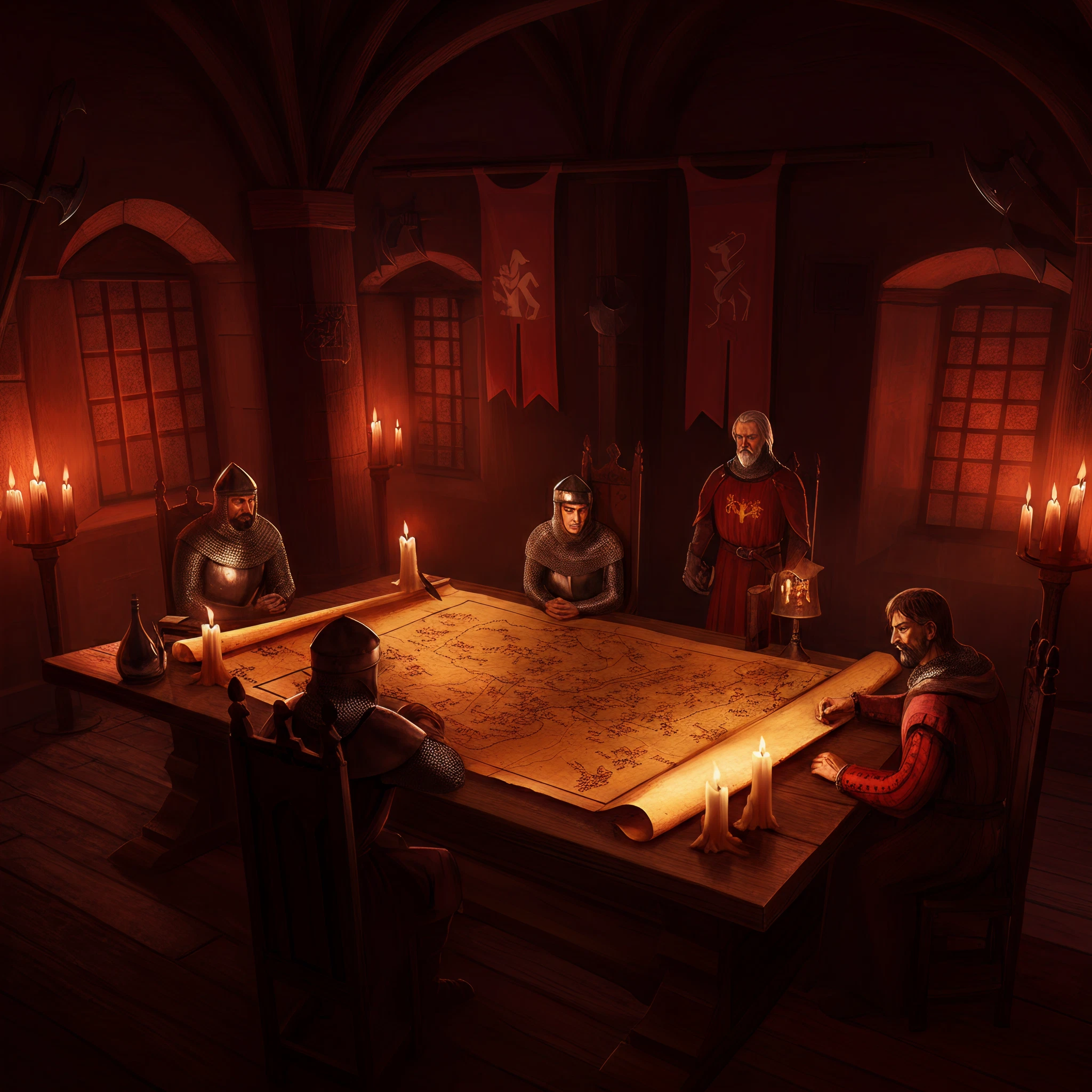Strategic games have captivated audiences for decades, attracting board game enthusiasts, video gamers, and card game lovers alike. They challenge players to think critically, plan ahead, and make tough decisions that can have lasting impacts on the game. But what is it about strategic games that makes them so appealing, and how can they enrich our lives beyond entertainment? Let’s explore the world of strategic games, their types, core elements, and the benefits they offer.
What Are Strategic Games?
Strategic games are designed to challenge players’ intellect, foresight, problem-solving abilities, and adaptability. Unlike games that rely heavily on luck, strategic games are generally centered around skill and thoughtful planning. Success or failure often depends on a player’s ability to anticipate outcomes, allocate resources wisely, and maneuver their position strategically.
The appeal of these games lies in their blend of complexity and engagement. Whether you’re playing a board game like Chess or a video game like Civilization VI, strategic games create an immersive experience where every decision counts.
Types of Strategic Games
Strategic games come in several forms, each offering unique mechanics and experiences. Below are the three main types of strategic games:
1. Board Games
Board games are perhaps the oldest form of strategic gaming. Classics like Chess, Risk, and Settlers of Catan have long been enjoyed for their deep strategic elements. Modern board games such as Scythe and Gloomhaven take the genre further, introducing elaborate storylines and diverse gameplay mechanics.
Examples of Popular Board Games:
- Chess: The ultimate strategy game of foresight and planning.
- Terraforming Mars: Manage resources to terraform the Red Planet.
- Ticket to Ride: Build railways and block your competitors strategically.
2. Video Games
Strategy video games often combine visually stimulating worlds with deep tactical elements. From real-time strategy games like Starcraft to turn-based games like XCOM, video games have pushed the boundaries of what strategic gameplay can achieve.
Examples of Popular Strategy Video Games:
- Sid Meier’s Civilization VI (Turn-Based Strategy): Build and lead your civilization through the ages.
- Europa Universalis IV (Grand Strategy): Control a nation over centuries while managing resources, diplomacy, and warfare.
- Spore (Simulation and Strategy): Craft a species and guide its evolution from microbe to space explorer.
3. Card Games
Card-based strategy games like Magic: The Gathering or Hearthstone combine planning with quick decision-making. Players must curate their deck, predict their opponent’s moves, and react intelligently to win.
Examples:
- Magic: The Gathering: A trading card game that requires deck-building and tactical prowess.
- Hearthstone (Digital Card Game): Fast-paced strategic gameplay with collectible cards.
Key Elements of Strategic Games
While strategic games vary widely in theme and format, they share core elements that define the genre:
- Resource Management: Allocating income, materials, or units efficiently while avoiding waste or overspending.
- Planning and Foresight: Predict your opponents’ moves and plan several steps ahead.
- Risk and Reward: Players must evaluate potential outcomes for every decision, balancing risk with possible rewards.
- Adaptability: The ability to adjust strategies in response to changing game dynamics or unexpected obstacles.
These elements make strategic games an intellectual challenge, encouraging creativity and adaptability.
Benefits of Playing Strategic Games
Strategic games are more than just good fun; they provide valuable skills and benefits for players:
1. Enhanced Cognitive Skills
Strategic games improve memory, critical thinking, and problem-solving. Working through complex scenarios and planning multiple moves in advance exercises your brain and keeps it sharp.
2. Better Decision-Making
Strategic games teach players how to evaluate options, analyze consequences, and make decisions under pressure. This skill can translate to real-world decision-making in areas like work or personal finance.
3. Teamwork and Social Interaction
Many strategic games encourage collaboration and communication, improving teamwork and interpersonal skills. Multiplayer games, whether cooperative or competitive, bring people together and foster a sense of community.
4. Stress Relief and Entertainment
Games can serve as a mental escape, providing a fun and engaging way to de-stress. At the same time, the satisfaction of mastering a game or achieving a hard-fought victory is deeply rewarding.
Popular Strategic Games to Try
Looking for a starting point? Here are some widely loved strategic games across different platforms:
- Board Games:
- Scythe: Manage resources in a dystopian alternate timeline.
- Catan: Trade and build strategically to dominate the board.
- Video Games:
- Age of Empires II: A real-time strategy classic blending history and gameplay.
- XCOM 2: Lead a squad against alien invaders in this thrilling turn-based game.
- Card Games:
- Slay the Spire: A roguelike deck-building adventure.
- Dominion: A deck-building card game with endless replayability.
Many strategy games are beginner-friendly, making it easy to jump in and explore the genre.
Wrapping It Up
Strategic games aren’t just a test of skill or intellect; they’re a gateway to personal growth, collaboration, and discovery. Whether played on a board, screen, or deck, these games spark creativity and challenge the mind in ways few other experiences can.
Are you ready to harness the power of strategic games? Start by choosing a game from the list above and immerse yourself in the thrilling world of strategic decision-making. Remember, every move counts!








